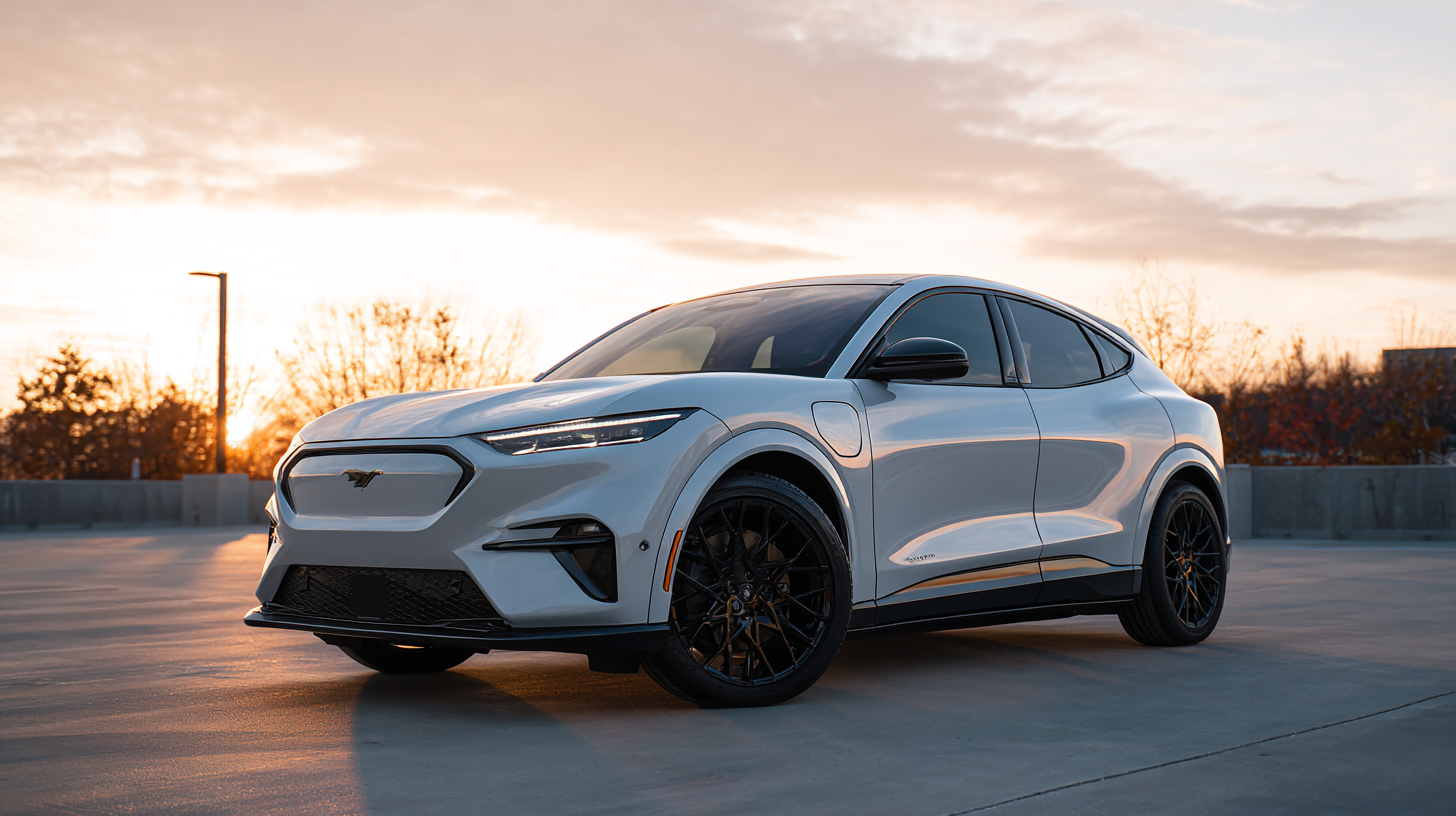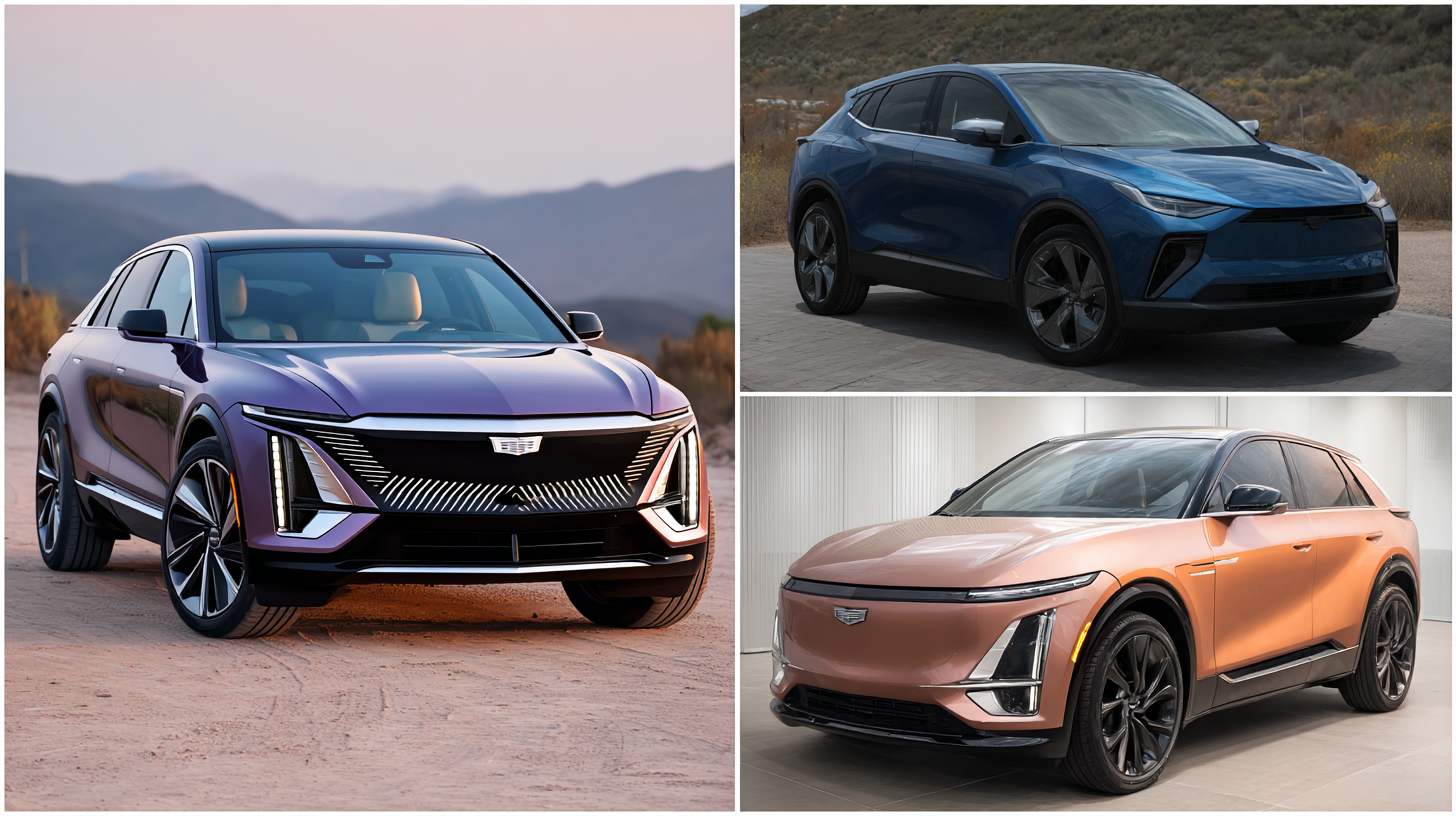Leave Your Message
As the automotive industry evolves, Electric SUV Vehicles have emerged as a forefront choice for environmentally conscious consumers seeking practicality and performance. According to a report by the International Energy Agency, global electric SUV sales surged by 80% in 2021, reflecting a strong consumer shift towards electrification. This shift is driven by the increasing availability of advanced electric models that combine sustainability with high capacity and innovative technology. Additionally, a survey conducted by Deloitte revealed that nearly 50% of consumers consider electrification as a crucial factor when selecting their next vehicle.

With more manufacturers introducing electric SUVs, prospective buyers are met with a diverse array of options tailored to various lifestyles and needs. Thus, understanding how to choose the best Electric SUV Vehicles is imperative for those aiming to invest in a versatile and forward-thinking automobile.
When considering an electric SUV, understanding your driving needs is essential, particularly when assessing city versus off-road performance. For urban dwellers, a vehicle that excels in city driving typically prioritizes
maneuverability, compact design, and an efficient range. Features like regenerative braking, precise steering, and advanced driver-assistance systems can significantly enhance the driving experience in congested traffic and narrow streets. Additionally, a model with a good balance of battery capacity can ensure you can navigate daily commutes and weekend excursions without the constant need for recharging.
On the other hand, if your lifestyle leans towards off-road adventures, it is crucial to select an electric SUV designed for rugged terrain. These vehicles often include enhanced suspension systems,
all-wheel drive capabilities, and increased ground clearance to tackle challenging landscapes. It's important to look for models that offer
durable construction and weatherproofing, ensuring they can withstand the elements. Battery life and charging options become even more critical in off-road situations, as you may find yourself far from charging stations. By assessing your primary driving scenarios, you can make an informed choice that aligns with your
active lifestyle.
When choosing the best electric SUV for your lifestyle, evaluating the vehicle's range is paramount, particularly in relation to your daily commute. Understanding your typical driving patterns helps narrow down your options. For those who travel short distances, a model with a moderate range of around 200 to 250 miles may suffice, allowing for occasional trips without the anxiety of rapidly depleting the battery.
 On the other hand, if your daily routine involves longer drives or frequent road trips, opting for an electric SUV with a range exceeding 300 miles can provide peace of mind and convenience.
On the other hand, if your daily routine involves longer drives or frequent road trips, opting for an electric SUV with a range exceeding 300 miles can provide peace of mind and convenience.
Moreover, it's essential to consider the availability of charging infrastructure in your area. Electric SUVs with a longer range enable greater flexibility, but if charging stations are sparse, it might restrict your travel options. Assess your commuting needs alongside charging capabilities to choose a vehicle that not only fits your lifestyle but also alleviates range anxiety. Balancing your daily mileage with the vehicle's electric range creates a tailored experience that enhances your driving comfort and overall satisfaction with your choice.
When considering an electric SUV, one of the most critical factors to evaluate is battery capacity, as it directly impacts how long the vehicle can operate between charges. Current advancements in battery technology, particularly developments in semi-solid and solid-state batteries, indicate significant improvements in performance. Though many manufacturers are advertising solid-state batteries, it's essential to recognize that most current offerings are semi-solid, which could affect long-term reliability and charging efficiency.
The rising demand for electric vehicles correlates with the expanding range of options available to consumers. As the market for electric SUVs continues to grow, projections indicate that by 2025, the global battery electric vehicle market could reach a value of nearly $975.6 billion. This growth underscores the importance of battery life in consumer considerations. Furthermore, northward market trends suggest that consumers seek vehicles that not only meet their daily commuting needs but also offer sufficient range for longer travels, enhancing the overall driving experience.
When selecting the best electric SUV for your lifestyle, it's crucial to prioritize safety ratings and features that will protect you and your loved ones. Recent advancements in technology have significantly improved safety features in electric vehicles, making them not only eco-friendly but also highly secure. Look for SUVs equipped with advanced driver-assistance systems (ADAS) such as automatic emergency braking, lane-keeping assist, and adaptive cruise control. These features help mitigate the risk of accidents and enhance overall driving safety.

Additionally, examining the crash test ratings from reputable organizations can provide valuable insights into a vehicle's safety performance. Vehicles that earn high marks in crash tests typically incorporate robust structural designs and effective airbag systems. It's also worth considering models that offer comprehensive warranties and service plans, as these can further assure peace of mind regarding the vehicle's longevity and reliability. In today's market, blending safety with sustainability is essential for families seeking to make informed decisions about their transportation options.
When selecting the best electric SUV for your lifestyle, it is essential to evaluate the total cost of ownership, which encompasses not only the initial purchase price but also ongoing maintenance costs and potential incentives. As electric vehicles (EVs) gain popularity, driven by factors such as rising gasoline prices, understanding the long-term financial implications becomes crucial. Many manufacturers now offer competitive prices and favorable financing options, making EVs more accessible to a broader audience.
In addition to vehicle costs, buyers should consider maintenance expenses. Electric vehicles generally have lower maintenance costs compared to traditional gasoline-powered cars, owing to fewer moving parts and reduced wear on components like brakes. Furthermore, various government incentives and rebates can significantly lower the upfront expenses, making EVs a financially attractive option. By taking all these factors into account, potential buyers can make informed decisions that align with their budget and lifestyle preferences.






